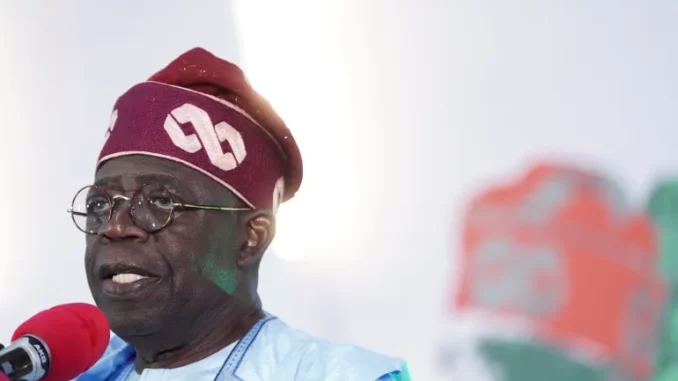
Nigerian President Bola Ahmed Tinubu announced on Sunday October 1st a temporary increase in the minimum wage for the lowest-paid workers and cheaper public transport, to offset the impact of his recent economic reforms.
The announcements come just two days before the country’s two main Trade unions plan to call an “indefinite” strike to protest against the rising cost of living, particularly transport.
These costs rose after Mr. Tinubu, who came to power in May, ended long-standing fuel subsidies, and because of the liberalization of the naira, the national currency, which led to a sharp devaluation.
The government sees these reforms as necessary to revive Africa’s largest economy, and investors have applauded them, but Nigerians are enduring a tripling of petrol prices and inflation now running at 25%.
“Reform may be painful, but it is what greatness and the future demand,” said the president on Saturday September 30, during a broadcast marking the 63rd anniversary of the country’s independence.
Mr. Tinubu announced that, following discussions with unions and employers, the federal minimum wage for the least qualified workers would be increased by 25,000 naira per month ($32) over the next six months.
The government will also speed up the introduction of gas-powered buses for public transport, which could reduce prices. And social security cash transfers for the poor will be extended.
The two major trade unions, the Nigerian Labour Congress (NLC) and the Trade Union Congress (TUC), which represent the teaching, banking, aviation and nursing professions, called for an indefinite strike on Tuesday, starting October 3, on the grounds that their demands had not been met. There was no immediate reaction to the President’s announcements.
